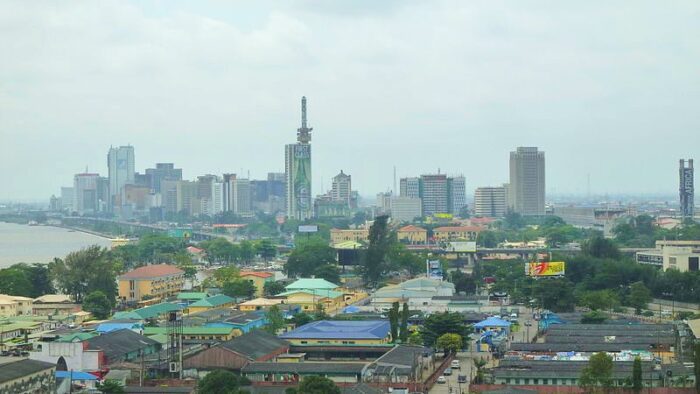Nigeria, the most populous nation in Africa and often hailed as the continent’s economic powerhouse, presents a fascinating yet complex picture of economic potential juxtaposed with multifaceted challenges. This article delves into the current state of Nigeria’s economy, explores the sectors driving its growth, examines the hurdles it faces, and anticipates its future trajectory.

The Economic Powerhouse of Africa
Nigeria‘s economy, as of my last update in April 2023, is the largest in Africa, with a Gross Domestic Product (GDP) surpassing $500 billion. The country’s wealth largely stems from its abundant natural resources, particularly its vast oil reserves. The oil and gas sector is the cornerstone of the economy, contributing significantly to GDP and government revenues. However, the over-reliance on this sector has its downsides, particularly the vulnerability to global oil price fluctuations.
Diverse Economic Sectors
- Oil and Gas: While this sector underpins the economy, it also makes it susceptible to global market volatility. Efforts to increase local refining capacity and reduce environmental impacts are ongoing.
- Agriculture: This sector is a key livelihood source for the majority of Nigerians. Efforts to modernize agriculture and move from subsistence to commercial farming are crucial for economic growth and food security.
- Services: Nigeria’s service sector, particularly in fintech, e-commerce, and telecommunications, is rapidly expanding. Lagos has emerged as a hub for tech startups and innovation, drawing international attention and investment.
- Manufacturing and Industry: The country’s industrial sector struggles with challenges such as erratic power supply and infrastructural deficits but shows potential in areas like cement, food processing, and textiles.
Economic Challenges
- Oil Dependency: The economy’s heavy reliance on oil makes it vulnerable to external shocks.
- Infrastructure: Inadequate infrastructure, particularly in power and transportation, significantly impedes industrial and commercial activities.
- Corruption and Governance: Corruption and weak governance structures deter foreign investment and hinder economic development.
- Security Issues: Persistent security concerns, including insurgency in the northeast and communal conflicts, impact stability and economic activities.
Forward-Looking: The Future of Nigeria’s Economy
- Economic Diversification: Moving away from oil dependency to a more diversified economy is a key agenda. Sectors like agriculture, mining, and services are being targeted for growth.
- Youth and Innovation: Nigeria’s youthful population is a potential demographic advantage. Harnessing this through education and technology could be transformative.
- Investment in Infrastructure: Investments in power, transport, and digital infrastructure are critical for sustainable economic growth.
- Regional and Global Trade: Participation in the African Continental Free Trade Area (AfCFTA) and fostering global trade partnerships will be crucial for economic expansion.
- Governance and Institutional Reforms: Strengthening institutions and tackling corruption are essential for creating a conducive environment for business and investment.
Then…
… Nigeria‘s economy, with its vast resources and dynamic sectors, holds considerable promise. The country’s future economic trajectory will largely depend on its ability to diversify its economic base, improve infrastructure, enhance governance, and capitalize on its young and growing population. With strategic planning and implementation, Nigeria has the potential not only to reinforce its position as an African economic leader but also to become a significant player on the global stage.

Team ProdAfrica
team@prodafrica.com